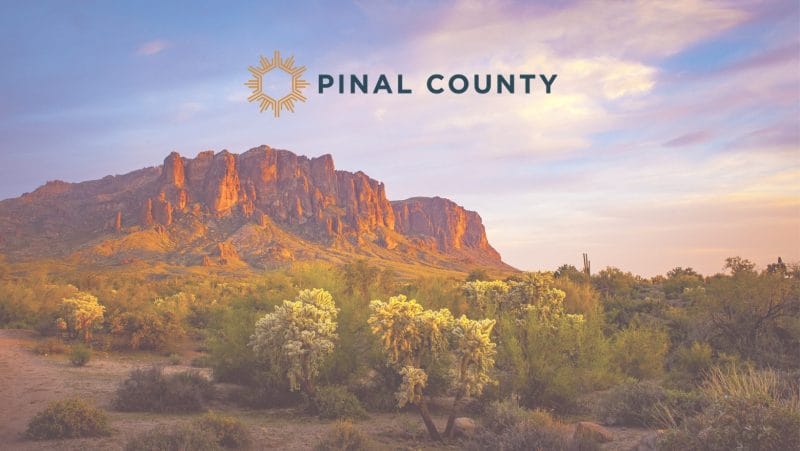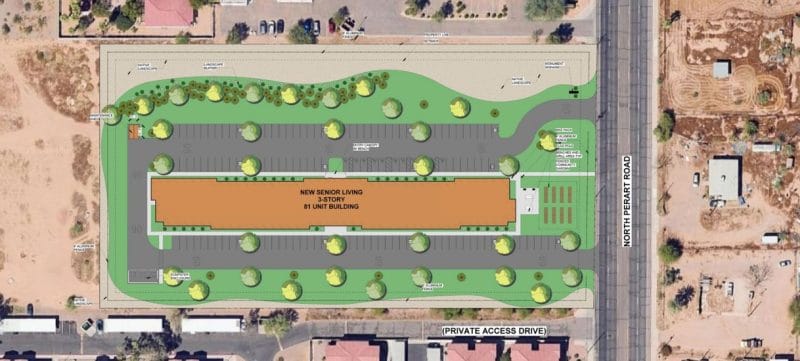
By Colton Gavin | Cronkite News
A U.S. House committee Tuesday considered a plan to swap 80 acres of federally owned land in California’s Riverside County for 40 acres of private land abutting the Cibola National Wildlife Refuge in La Paz County.
The land swap would allow for the expansion of the refuge, giving the government “important habitat and wintering grounds for migratory birds and other wildlife” along the Colorado River, according to an Interior Department official who testified in support of the bill.
The House Natural Resources Subcommittee on Public Lands and Environment took no action on the bill Tuesday, but the proposal was hailed by conservationists from the region. The deal has been a long time coming, said Nancy Meister, president of the Yuma Audubon Society.
“They’ve been negotiating this since 2006,” Meister said. “That really shows you how badly they need the room for all the birds that are in migration. Well-kept and irrigated farm land suits the wildlife.”
Under the bill, the Bureau of Land Management would give 80 acres in Riverside County to River Bottom Farms in exchange for two parcels of the farm’s land that total about 40 acres adjacent to the Cibola National Wildlife Refuge.
The California land was chosen because is it “useful only for farming and therefore, of limited use and enjoyment potential for the general public,” according to the bill. It would require an appraisal of the targeted properties to determine that the federal and non-federal lands are equal in value, or a cash payment would be required to make up the difference.
Among the bill’s four sponsors are two from Arizona, Reps. Raul Grijalva, D-Tucson, and Paul Gosar, R-Prescott.
“I support this because it reduces the federal footprint and reduces the amount of land under the control of the federal government,” Gosar said in brief comments at the hearing.
The newly acquired land in Arizona would still be farmed, said Interior Deputy Assistant Secretary Ned Farquhar, and converted to a non-hunting area. The land is currently used for farming and goose hunting.
Farquhar said his department supported the swap with minor modifications.
The 18,000-acre wildlife refuge on the lower Colorado is important as stopping place for migratory but also as a habitat for native fish populations, according the the refuge’s web site.
Wildlife conservationists applauded the movement on the bill.
“Marshbirds in Arizona need protection from extinction,” said Tice Supplee, director of bird conservation with Audubon Arizona. “As long as the land remains virtually the same it will be a very beneficial addition to the refuge.”







